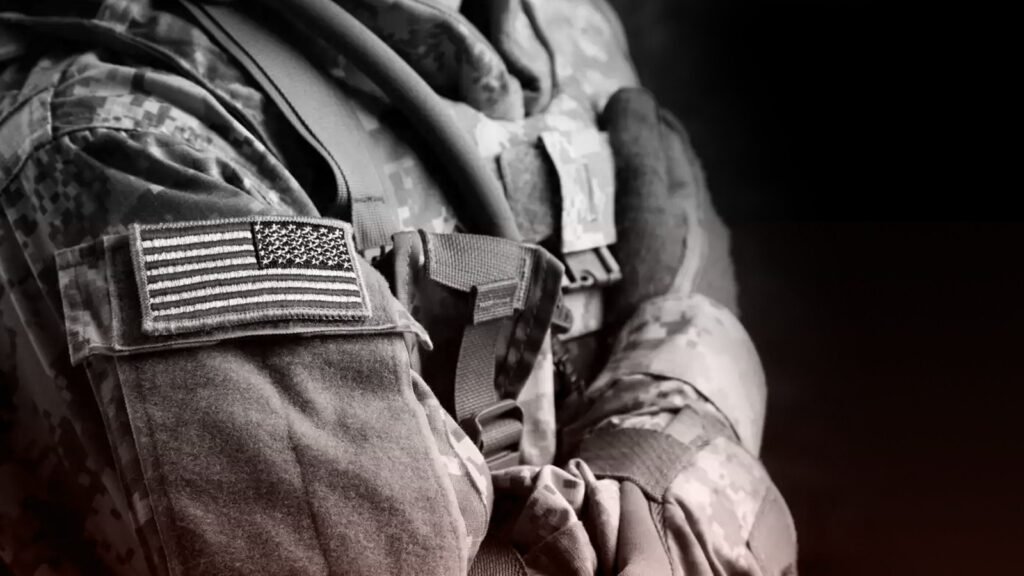Pete Hegseth, a former U.S. Army National Guard soldier and conservative commentator, has become a prominent voice in criticizing the inclusion of LGBTQ+ service members in the U.S. military. In his book The War on Warriors, published this year, Hegseth denounced policies that allow openly gay individuals to serve, calling them part of a “Marxist agenda.” He argues that such policies prioritize social justice over military readiness and discipline, marking a significant shift in the armed forces that began with the repeal of the “Don’t Ask, Don’t Tell” (DADT) policy in 2011.
DADT, introduced in 1993 during Bill Clinton’s presidency, was a compromise that allowed gay service members to serve in the military as long as they did not disclose their sexual orientation. This policy was a step forward from the outright ban on homosexuals in the military that had been in place since World War II. However, DADT faced significant criticism for its discriminatory nature, and the policy was repealed in 2011 under President Barack Obama. The repeal was seen by many as a victory for LGBTQ+ rights, though it was also contentious for some members of the military and political figures like Hegseth, who viewed the change as a threat to military effectiveness.
Hegseth’s critique of DADT’s repeal centers around the belief that it initiated a cultural transformation within the military, one that he believes undermines the traditional focus on combat readiness. He argues that the repeal of DADT allowed for a more inclusive military culture, which has since expanded to include transgender individuals and women in combat roles. For Hegseth, these changes represent a shift away from what he considers the core values of the military. He contends that such inclusion policies are part of a broader “Marxist” movement within the U.S. military, pushing social justice and diversity initiatives over the primary mission of defending the nation.
Hegseth’s remarks are not limited to his opposition to the inclusion of LGBTQ+ individuals. He has also voiced strong criticisms of women in combat roles, which were officially allowed after a 2013 reform. He argues that the inclusion of women in combat units “erosion[s] standards,” suggesting that women are ill-suited for the physical demands of combat. In his book, Hegseth provocatively compares the differing roles of mothers and fathers in society, suggesting that while mothers have an important role in raising children, they should not be in combat units. He also argues that training male soldiers to treat women equally in combat would complicate their ability to maintain traditional gender distinctions in civilian life, especially at home.
Hegseth’s position on these issues has been highly controversial, drawing sharp criticism from supporters of diversity in the military. Many view his comments as outdated and out of touch with the evolving needs of the armed forces, which increasingly rely on diversity to strengthen the military’s operational effectiveness and ability to attract recruits from diverse backgrounds. Critics argue that Hegseth’s focus on traditional gender roles and exclusionary policies is harmful to both the military’s reputation and its ability to recruit talented individuals who represent the full spectrum of American society.
Despite his controversial stance, Hegseth’s influence among conservative circles remains strong. His book The War on Warriors reflects broader concerns within right-wing factions about the changing culture of the U.S. military, with some believing that the introduction of progressive policies is undermining its core mission. Hegseth’s views on diversity, inclusivity, and the military continue to spark debate, particularly as the armed forces navigate a future that increasingly emphasizes acceptance and equal opportunity for all service members.
As the debate continues, Hegseth’s criticisms serve as a stark reminder of the deep divisions in American society over issues of identity, representation, and the role of the military in shaping social change. While some view his opinions as an impediment to progress, others see them as a call to preserve the military’s traditional values in the face of growing political and cultural pressures.


